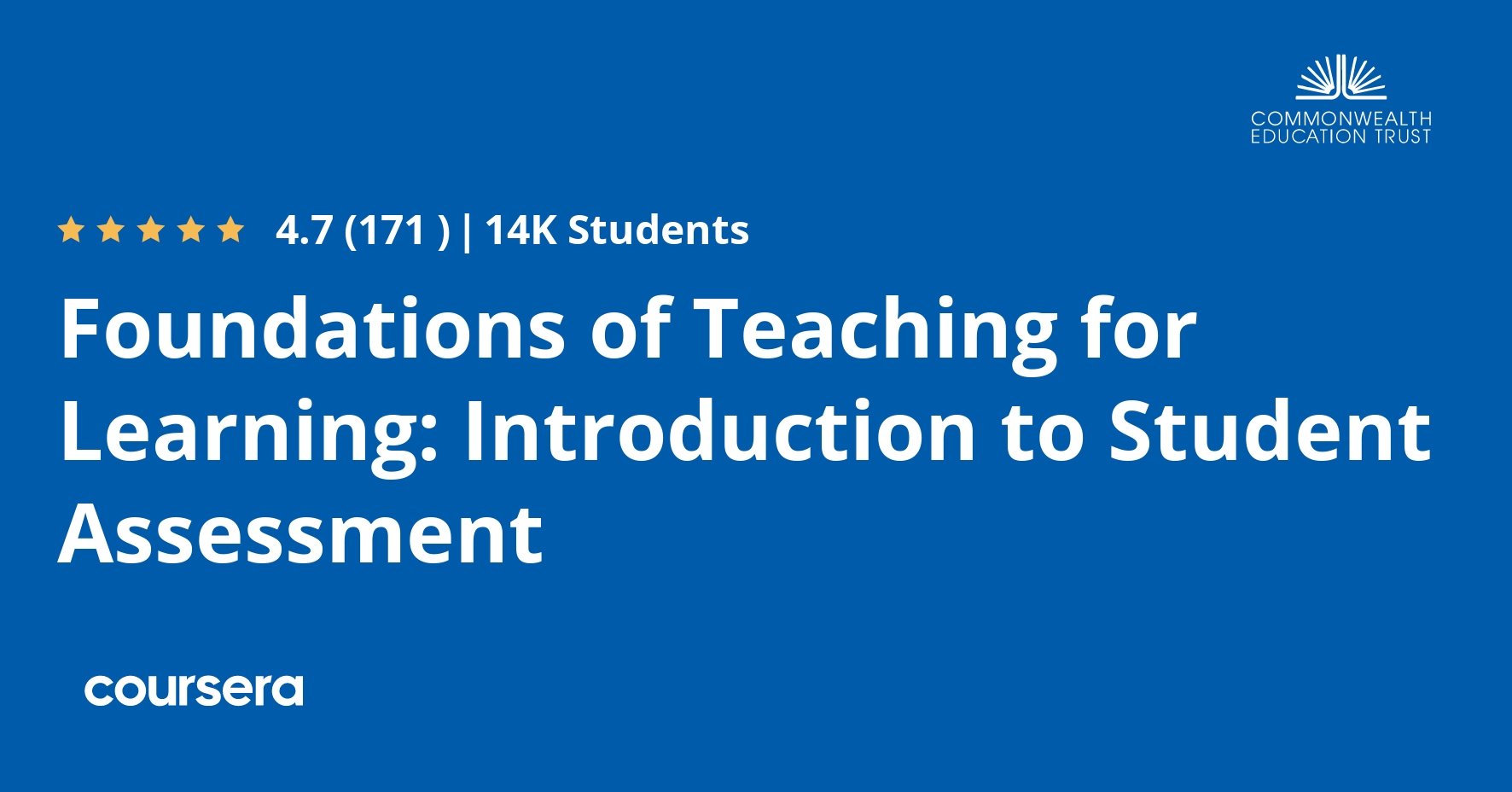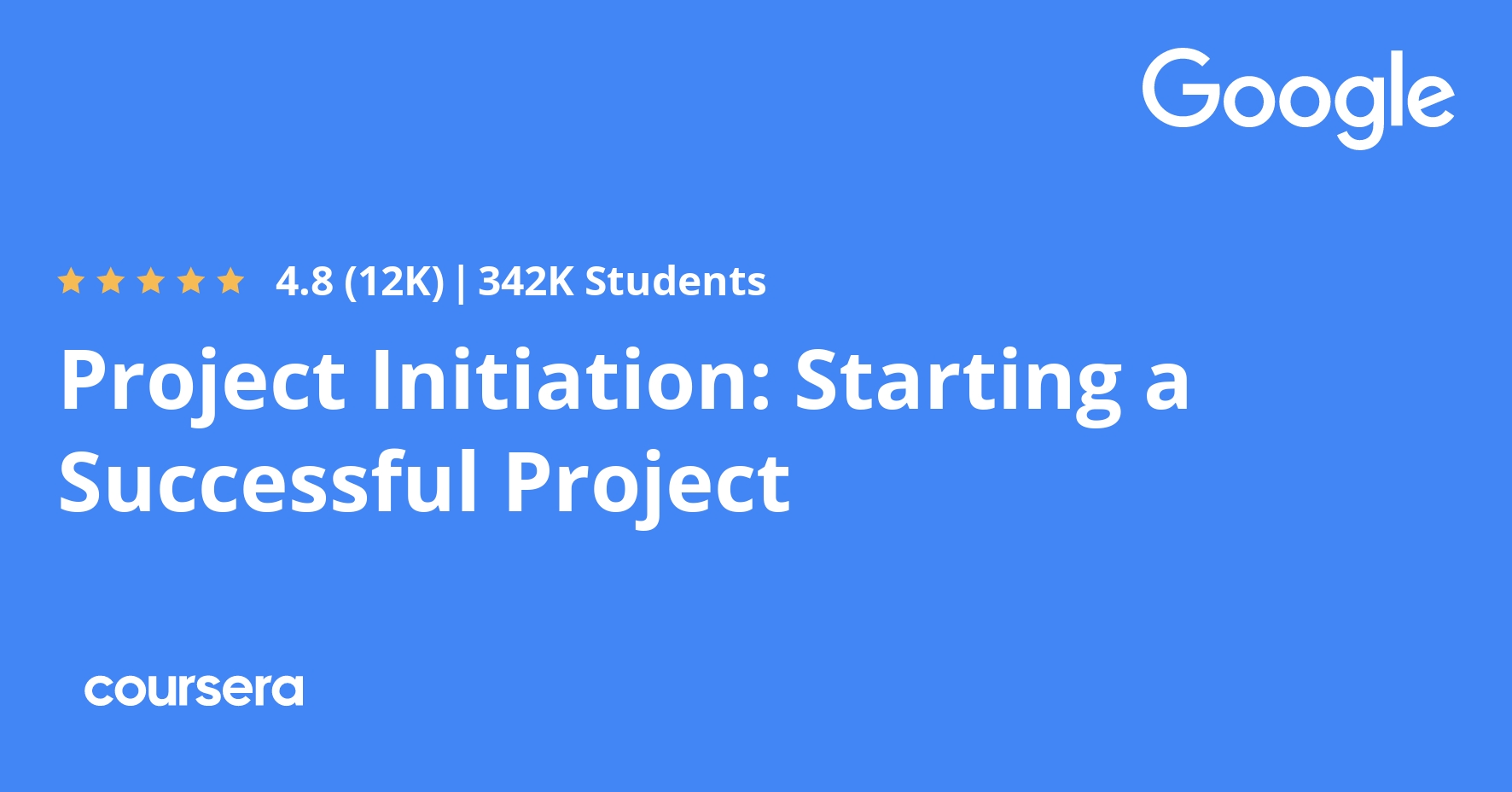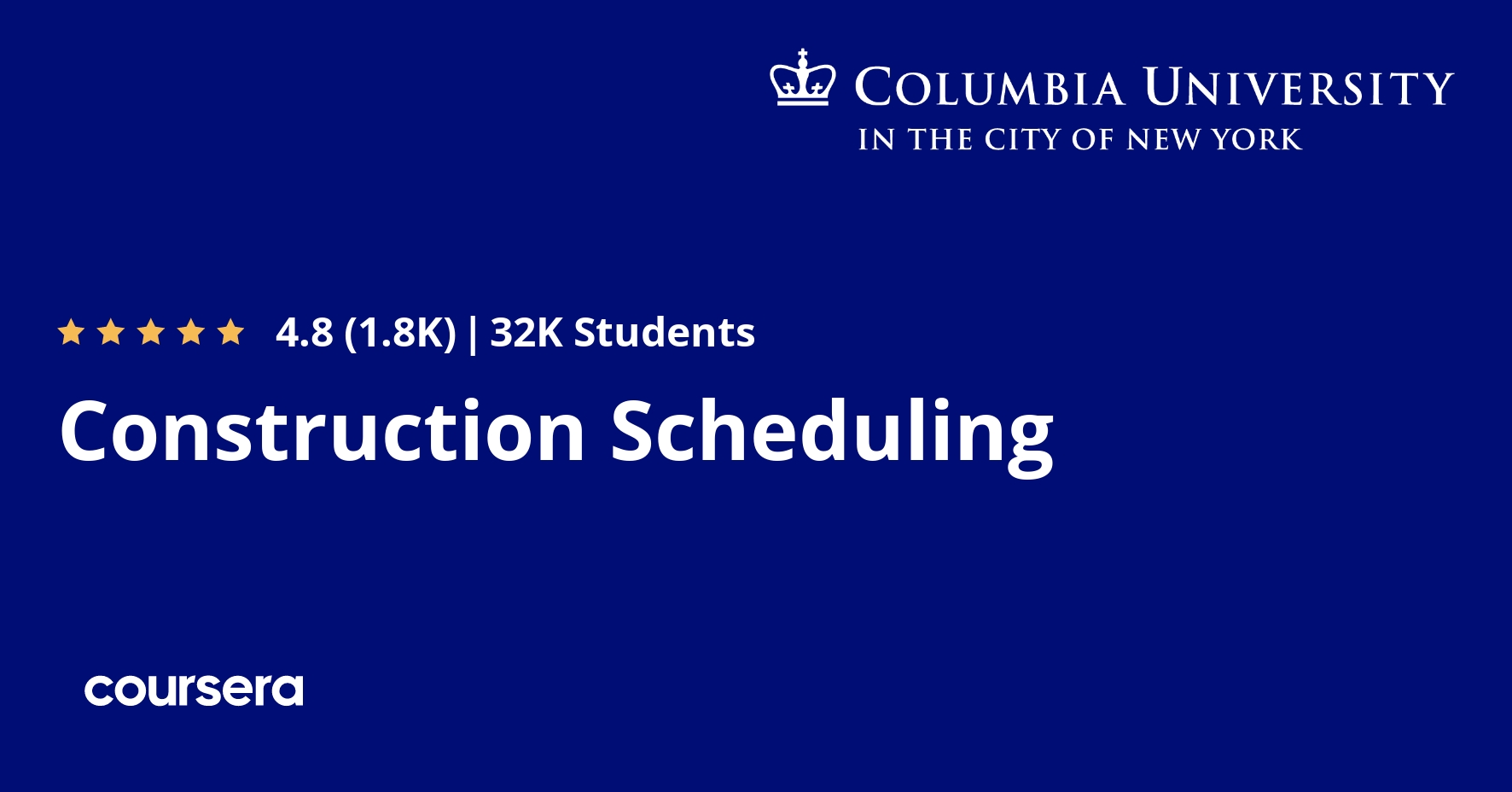Description
The Foundations of Teaching for Learning programme is for anyone who is teaching, or who would like to teach, in any subject and any context – be it at school, at home or in the workplace. With dynamic lessons taught by established and respected professionals from across the Commonwealth, this eight course programme will see you develop and strengthen your skills in teaching, professionalism, assessment, and more. As you carry on through the programme, you will find yourself strengthening not only your skills, but your connection with colleagues across the globe. A professional development opportunity not to be missed.
There are various techniques which help to assess student learning. This course helps teacher to acquire the skills to develop and use appropriate assessment procedures.
Enhance your course by joining the Commonwealth teaching community on our website, Facebook and Twitter.
What you will learn
An Introduction to Assessment Theory and Practice
What is the purpose of assessment? Research has shown that opinions on this differ around the world. In this week’s general introduction to assessment theory and practice, you can compare your own experience of assessment with some contrasting experiences from different parts of the world. We will take a clear look at how educational assessment integrates and links curriculum, teaching, and learning. We will then look at cultural factors that may influence the teaching practices of your workplace.
The nature of feedback in improving teaching and learning
Feedback can vary greatly in its effectiveness. In the lectures this week we will identify the key characteristics of good (and bad) feedback. We will explore the practice of incorporating feedback into teaching. Teachers and students have their own views on what constitutes effective feedback. Understanding these views can help you to decide how you should give feedback to your own students. We will ask you to consider how you can best provide feedback to minority students. By the end of the week you should be able to generate your own examples of effective feedback for students.
Reporting student achievement
Welcome back to our third week of exploring ideas connected to assessment. In the lectures this week, we explore current approaches to reporting and raise important questions about their validity. We will consider the strengths and weaknesses of standardized test scores and point you to effective techniques for writing reports and giving feedback that will actually help students and pupils improve their learning. We will give you tools for use in your own practice and encourage you how reporting practices used with majority groups might need to be modified for use with parents from minority groups.
Guidelines for developing and using objectively answered question procedures
This week we describe specific techniques for designing assessment tools. The assessment tool that we will focus on is multiple-choice questions (MCQs), however we will present a number of different formats. You will be given practical advice and tools for creating a variety of good test questions. The key point to note is that unless such objectively-scored questions are written well, getting them right will not be an indicator of knowledge or skill in the domain being assessed. Test-wiseness (i.e., knowing how to answer such questions) increases test scores but this is no guarantee students actually understand more. Hence, care and attention needs to be paid to how test questions are written. Stay active – and enjoy the learning this week.






